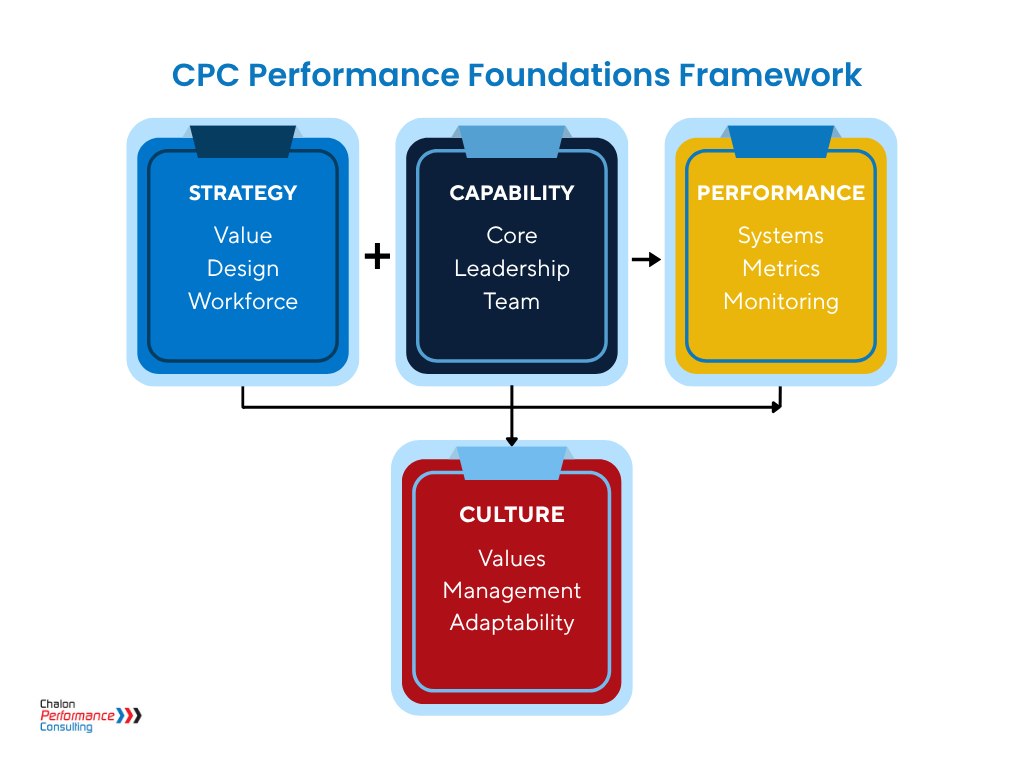In today’s competitive and constantly evolving business landscape, it is essential for organisations to have a robust talent management strategy in place. Talent management encompasses various initiatives and processes aimed at recruiting, developing, nurturing, and retaining an organisation’s most critical asset – its people. By leveraging effective talent management strategies, organisations can build stronger capabilities, achieve higher productivity levels, improve employee engagement, and ultimately drive business growth. Building human capital pays off for firms in the form of more consistent earnings and greater resilience during crisis. In addition to being more consistent than their sector peers, human capital builders are better at retaining talent, with attrition rates that are about 5 percentage points lower.
Align Talent Management with Business Strategy:
To build stronger capabilities through talent management, it is essential for organisations to align their talent management strategies with their overall business strategy. This involves identifying the key skills, knowledge, and competencies required to achieve business objectives and aligning these with individual and team performance goals. This helps employees understand how their roles contribute to the organisation’s success and creates a sense of purpose and direction.
Integrate Talent Management Processes:
Effective talent management requires the integration of various people-related processes, including recruitment, onboarding, performance management, learning and development, and succession planning. By integrating these processes, organisations can ensure that they have a strategic and holistic approach to talent management that addresses the entire employee life cycle. This can streamline various HR functions and give managers and employees a clear understanding of development opportunities and career paths.
Identify and Develop Top Talent:
Organisations need to identify and develop top talent to build and retain their capabilities. This involves identifying employees with high potential and investing in their development through training, coaching, and mentoring programs. By doing so, employers can create a top-performing workforce, while also supporting employee career development and retention.
Incorporate Technology:
Incorporating technology can significantly enhance talent management processes. Talent management software can streamline workflow, automate key processes, and provide real-time insights into employee performance and development. This can free up more time to focus on strategic planning and ensure that talent management processes are efficient, effective, and data-driven.
Foster a Culture of Continuous Learning:
To keep up with the rapid pace of change in today’s business environment, organisations need to foster a culture of continuous learning. This involves providing employees with ample opportunities to upskill and reskill, learn from their peers, and pursue development initiatives that align with their career aspirations. By promoting a culture of learning, organisations can build a highly skilled, adaptable, and motivated workforce that can drive business growth.
Effective talent management strategies are essential for building stronger capabilities, driving innovation, improving productivity, and sustaining business growth. To achieve this, organisations need to align talent management processes with their overall business strategy, integrate processes, identify and develop top talent, incorporate technology, and foster a culture of continuous learning. By doing so, organisations can unleash the full potential of their employees, build a highly skilled workforce, and achieve long-term success.
As part of our services, we offer a comprehensive capability assessment as it aligns with the strategy. This is essential to achieve consistent performance as demonstrated in our matrix.














